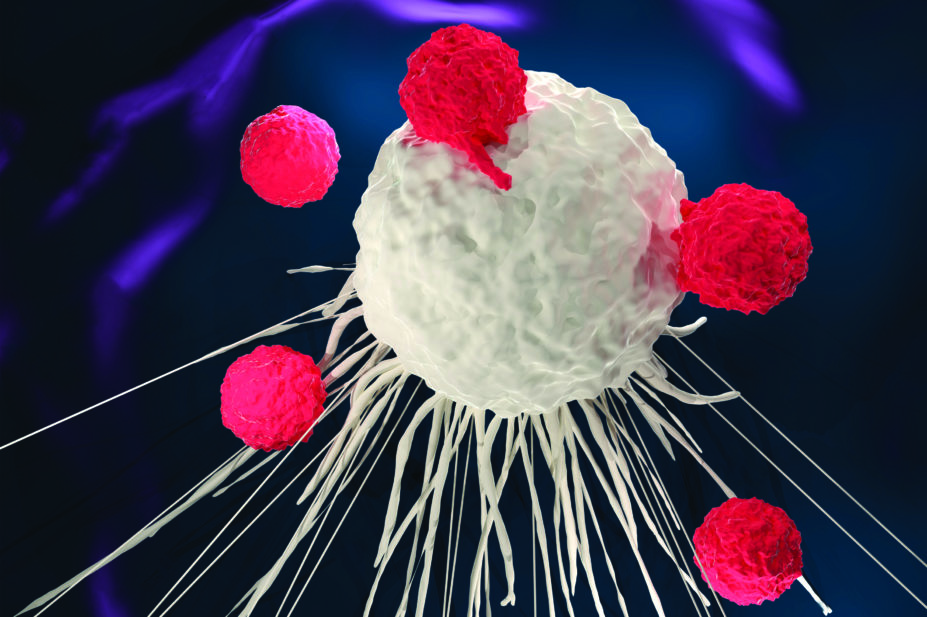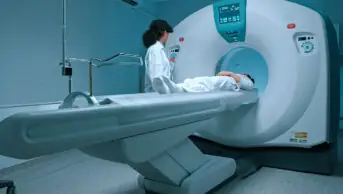
Shutterstock.com
England will be the first country in Europe to offer patients with cancer access to “groundbreaking” new therapy, NHS England has announced.
Adults with recurring large cell lymphoma, or those who have stopped responding to treatment, are being given access to axicabtagene ciloleucel.
The drug, branded as Yescarta, is a chimeric antigen receptor T cell (CAR-T) medicine — a new generation of personalised immunotherapies that work by engineering a patient’s own immune cells to target their cancer. Clinical trials have indicated that the treatment has the potential to cure 40% of eligible patients.
The National Institute for Health and Care Excellence (NICE) has given the go-ahead for the drug to be made available through England’s Cancer Drugs Fund following a confidential deal with manufacturer Gilead Sciences. The full-list price for Yescarta would typically be £300,000 per patient.
Up to 200 patients per year will be given access to the drug, with hospitals in Birmingham, Bristol, London, Newcastle and Manchester expected to offer the treatment in the next few weeks.
Simon Stevens, chief executive of NHS England, said: “Thanks to investment in game-changing techniques like CAR-T, the NHS is at the forefront of providing a new wave of personalised treatments that are individually tailored to patients.
“CAR-T cell therapy is one of the most promising new treatments in a generation for lymphoma and leukaemia, and NHS patients will now be among the first in the world to benefit.”
Alasdair Rankin, director of research and patient experience at the patient cancer charity Bloodwise, said CAR-T therapies offer “huge promise” to patients who would otherwise have little chance of a cure.
“It is likely that we are only beginning to see the benefits that CAR-T therapy can bring,” he said. “Treatments will continue to improve and become more effective over the coming decade and will benefit patients with other types of cancer.”
Axicabtagene ciloleucel was granted a licence by the European Medicines Agency (EMA) in June 2018 for the treatment of adult patients with diffuse large B-cell lymphoma and primary mediastinal B-cell lymphoma after two or more previous therapies have failed.
The EMA decided to approve the drug under its fast-track Priority Medicines scheme, which recognises the potential for treatments that address an unmet medical need.
NHS England has claimed that England is the first country in Europe to make the drug available since it was granted a marketing authorisation.


